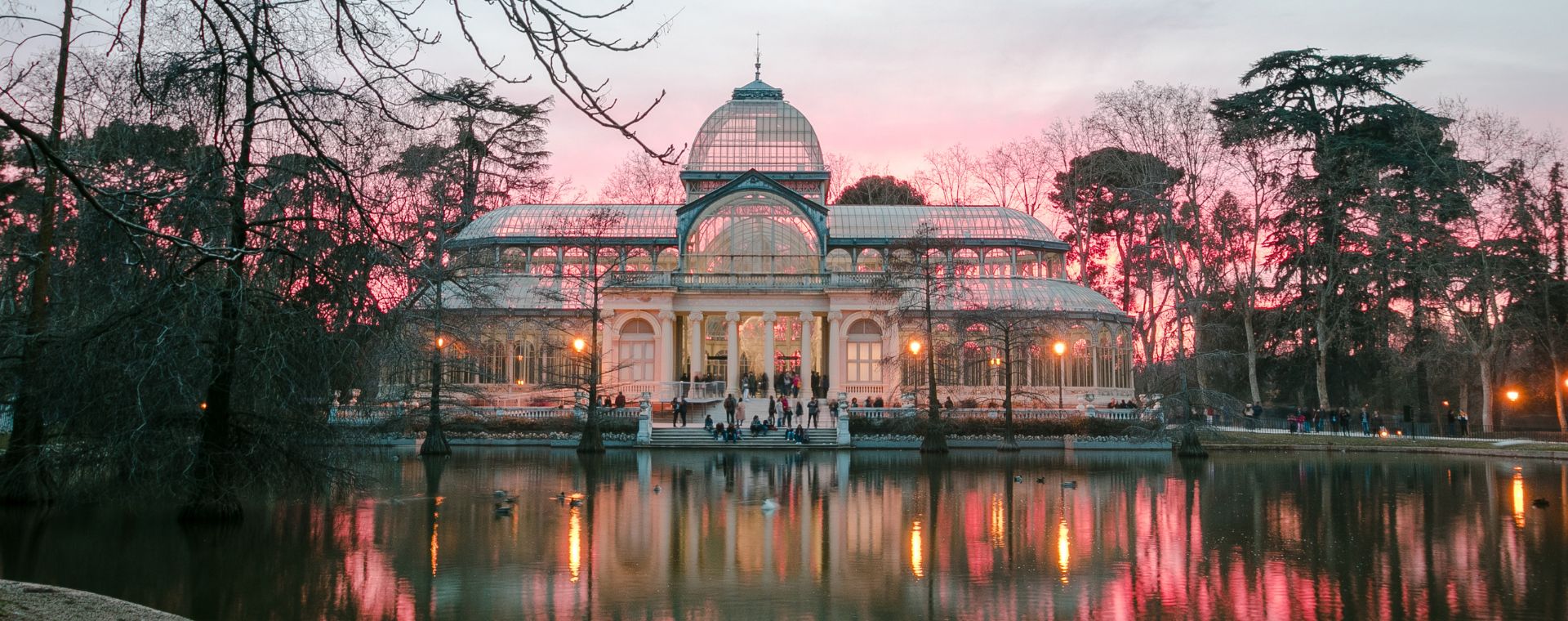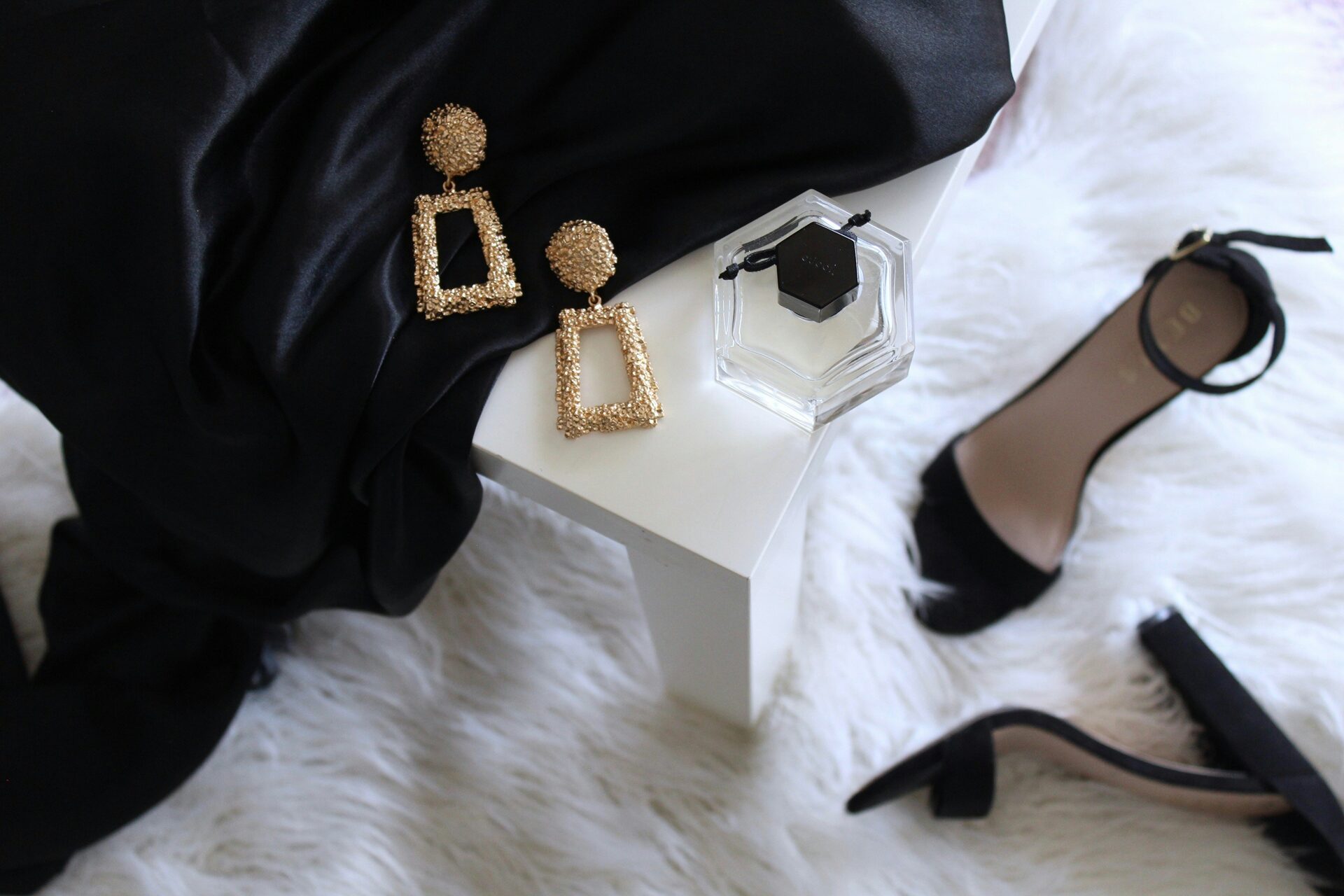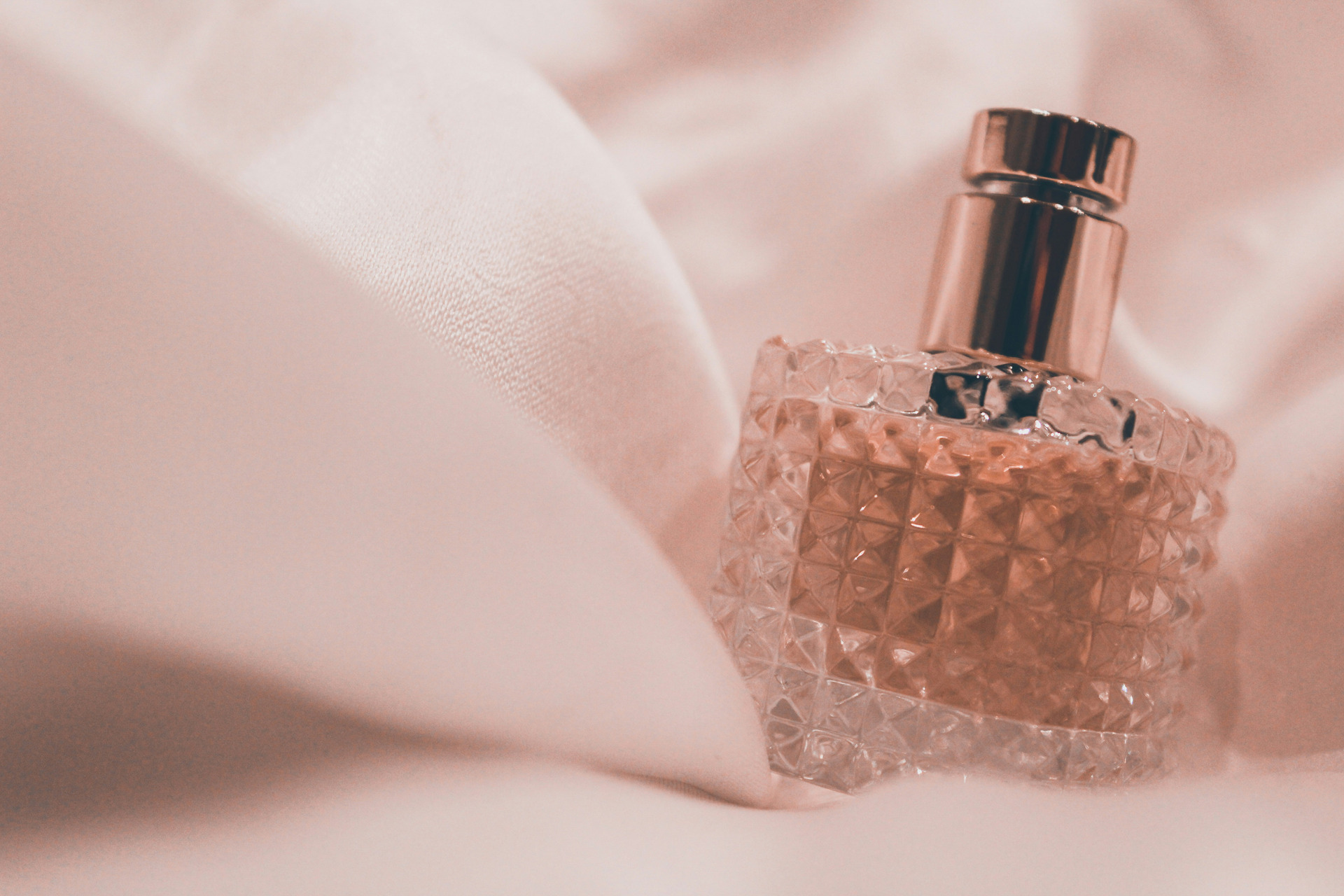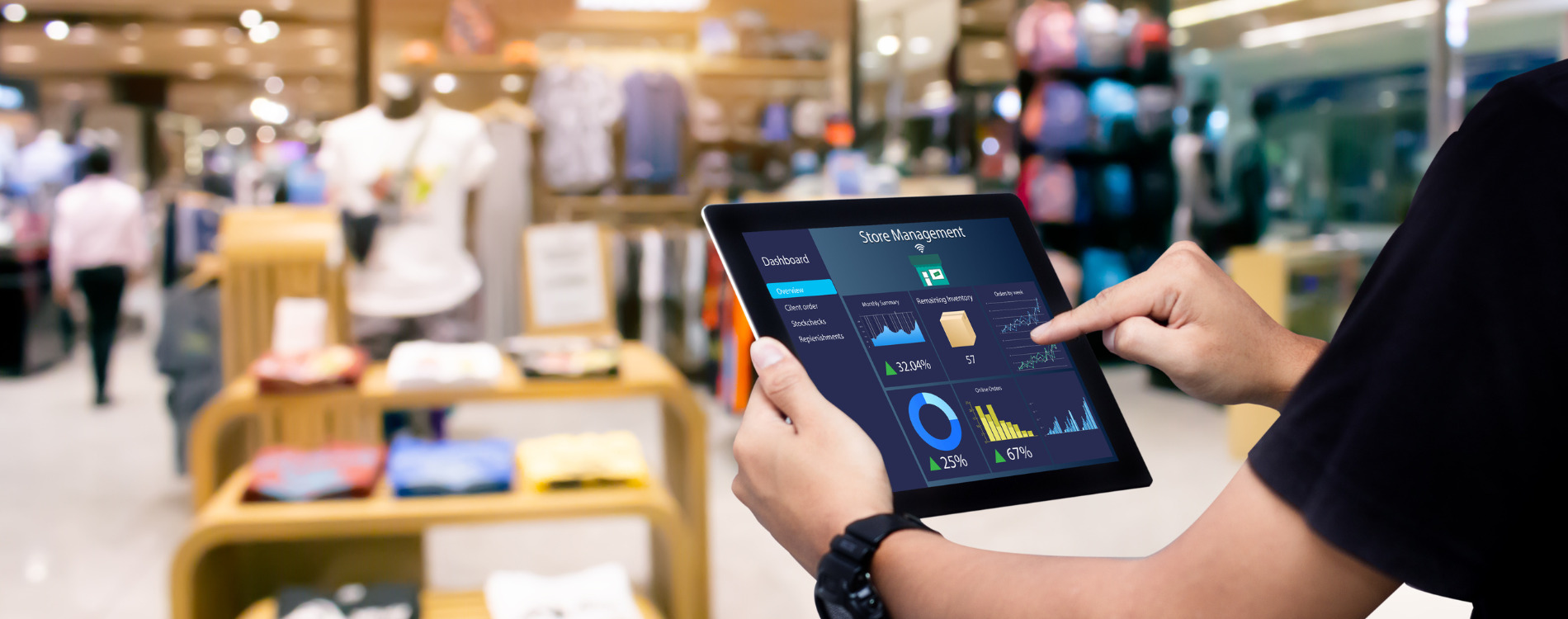
47% of the wealthiest consumers in the US would deem a brand's social responsibility important when it comes to making a purchase decision
Despite the looming recession, the luxury industry is still standing strong with leading multinational companies such as LMVH announcing first-quarter revenues of £19 billion, up by 17% from 2022.
Whether low-key or ostentatious, the luxury lifestyle is sought after.
The change of lifestyle and profound shift in values, accelerated by the pandemic, compelled the luxury industry to adapt its offering and communication strategy to cater to a larger audience, with new expectations.
Aligning your values and incorporating a strong sustainable agenda to your business model will broaden your appeal with young HNWIs
To appeal to Millennials and Gen Z (who are the most environmentally-conscious and are predicted to make up for 70% of the luxury market by 2025), luxury brands are shifting towards sustainability.
The stakes are getting higher for luxury brands, as younger generations are increasingly buying from companies that take a holistic approach towards sustainability (ecological, social and economic) and who are acting on issues they care about.
As we’re seeing a shift in what consumers value, it becomes essential for brands to reassess their business model and lay emphasis on more sustainable practices that resonate with consumers. Aligning with their values and beliefs is the key to winning over this audience.
According to our latest MillionaireVue survey conducted in the first quarter of 2023, 47% of the wealthiest consumers in the US would deem a brand’s social responsibility important when it comes to making a purchase decision, and 22% have already boycotted a brand or product for its poor ethical or sustainability values.
In this context, embracing sustainability and effectively communicating about new ethical initiatives through various touchpoints, could be a great opportunity for luxury brands. They could be at the origin of a more virtuous cycle, where brands are educating consumers about sustainability, while improving their brand image and increasing their influence amongst a wider audience looking for a more meaningful way of consuming.
So, what does it mean to be sustainable in the luxury world – historically associated with lavish consumption and negative environmental impact?
In the last few years, we’ve seen an increase in luxury brands: using more sustainable materials; rethinking packaging; selling or donating leftover fabrics to avoid waste; making commitments to reduce carbon footprints. But also implementing ethical labour practices, and even looking after a longer lifespan for products by partnering with luxury resale platforms (or reselling in-house just as Gucci does).
Our MillionaireVue results from the last 2022 quarter show a growing trend of wealthy UK individuals being interested in second-hand luxury market. 23% have already bought pre-owned luxury fashion items in the past, while a further 28% would be interested in doing so in the future.
A prime example of a brand that succeeded in responding to these new environmental challenges is Patagonia. The clothing company put sustainability at the core of its business model, by not only using sustainable materials, but also encouraging customers to repair their items rather than buying new ones.
However, beyond all these initiatives, the most important shift is certainly the change in narrative
Acting more sustainably is important, but being authentic and genuine in this approach is key to stay relevant.
Transparency should become a priority, to avoid bad publicity. Brands that are seen as socially responsible and demonstrate transparency about what they do and how they do it, are more likely to be trusted and have a positive brand image.
Although, the global fashion industry is still reluctant to disclose some information about their supply chains. Some luxury brands, such as Louis Vuitton and Cartier, are leading the way with the creation of Aura in 2021 – the world’s first global luxury blockchain – consumers are given the opportunity to follow the entire lifecycle of their products by scanning the label on the item they want to purchase.
Building awareness through a subtle and genuine storyline is also a clever way for luxury brands to tell new stories and give their customers a sense of respect and belonging. Through the Rolex Award for Enterprise, the luxury watchmaker financially supports young entrepreneurs with projects that are aiming to make a positive environmental or cultural impact.
In this ever-growing quest for authenticity and meaning, sustainability in luxury is all about finding the right balance between driving desire for luxurious experiences and products and taking responsibility to preserve the planet for future generations of luxury consumers.
Savanta’s MillionaireVue is a quarterly omnibus with c.500 HNWIs in the UK, US, and China. For more information, please click here.
Or to find out more about our wealth and luxury team’s work, or to speak to one of our specialists, please get in touch.




